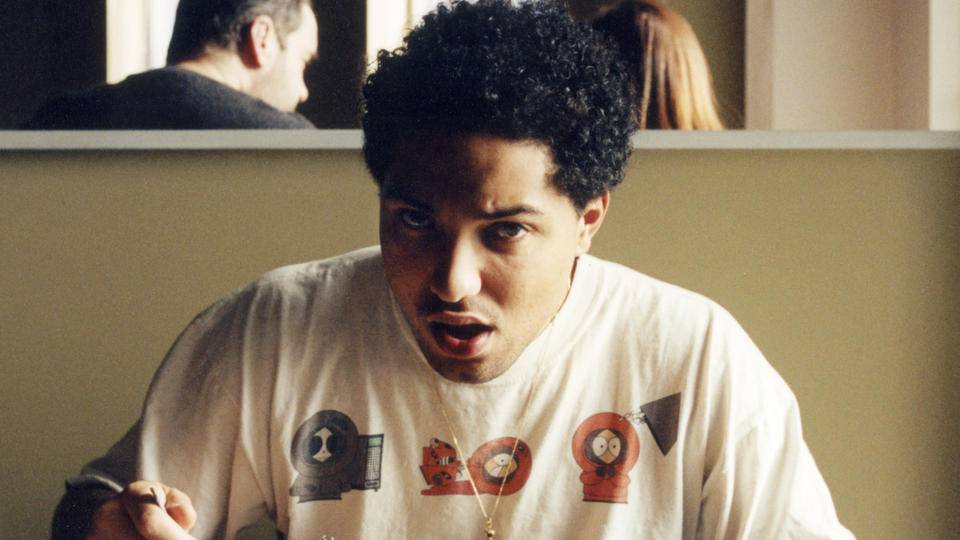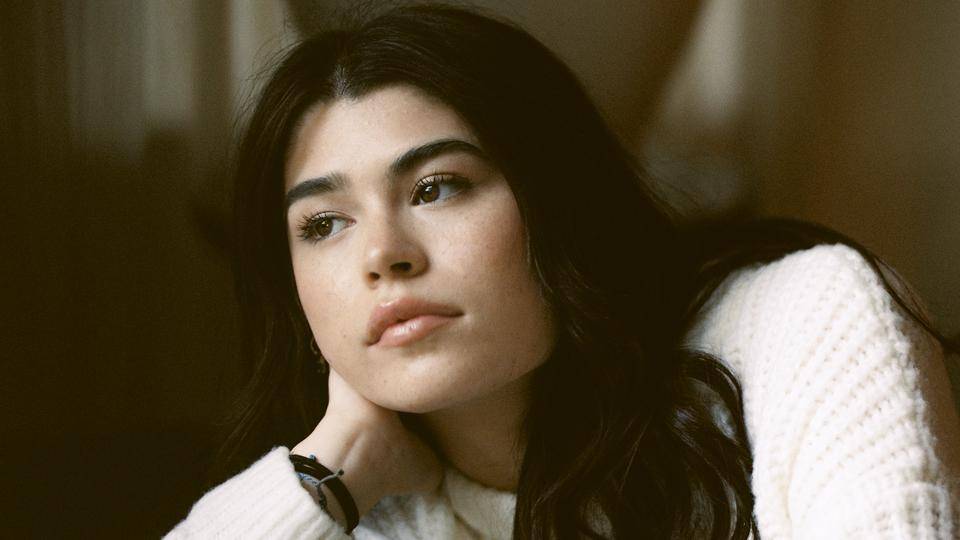‘Get Out’ - A Wake Up Call For White Ignorance

‘Get Out’ opens with a black man searching for a house in a white suburban neighbourhood. He is visibly uncomfortable. He is speaking to a friend on the phone. Perhaps in a bid to help put himself at ease. A car follows him. ‘Run Rabbit Run’ plays from its stereo. Seconds later, he is abducted.
For much of the film’s white audience, this could be the first time that they have considered how uncomfortable white spaces can be for people of colour. It is commonplace on screen to see white people uncomfortable in black spaces. Time and time again black people and black settings are used as props for white people’s fear, perpetuating negative stereotypes of black people and giving false validity to casual and more sinister forms of racism. ‘Get Out’ is a reminder that cosy white neighbourhoods aren’t cosy for everyone. Danger, violence and prejudice lurk within them.
The film then cuts to Chris and Rose, a black man and a white woman in a romantic relationship. Chris is packing to visit Rose’s family for the first time. Rose notices that Chris is uneasy. ‘What is it?’ she asks. ‘Do they know I’m black?’ Chris replies. Rose looks confused. ‘Should they?’
I am white and my boyfriend is mixed race. We have been in a relationship for the past four years. In that time I have naively brought my boyfriend into spaces littered with microaggressions. Family gatherings in which black ‘jokes’ are made, friendship groups in which black people have never set foot before, club nights which appropriate black culture - time and time again my own ignorance has put my boyfriend in danger. Time and time again I’ve been made to analyse both mine and my family’s shortcomings. Time and time again I’ve been made to wonder why people of colour even bother dating white people at all. ‘Get Out’ is brilliant in that, like me and so many other white people, Rose is, well at least seems for a good portion of the film, unaware of her family’s own prejudices. It’s not until she sees them first hand, as Chris experiences them, that she apologises for them and offers to leave her family with Chris. It’s not until it’s already too late that she acts.
Growing up race was never really discussed, at home or even at school. This colourblind approach to child raising and education meant that, whilst active racism and pejoratives were at least rare and condemned, microaggressions and white ignorance were given free reign to prosper. None of this was helped by the fact that my school syllabus, like so many in the UK, was almost exclusively white. Next to no time was spent on black literature, black film or black history. It’s only through the culture that I consume now and my relationship with my boyfriend that I have begun to really learn more about what it means to be a person of colour in the West in 2017. To actually consider what it’s like to be exoticised and feared by white people. To start to ‘get it’ even though, as a white person, I never really can. I’d like to think that I’d be as educated as I am now, had I never started dating my boyfriend but the truth is that I wouldn’t. I wouldn’t be so exposed to experiences that differ from my own. I would still be largely unaware of my own ignorance and how it affects others. And that’s why films like ‘Get Out’ are so important. Alongside their humour, horror and artistic output, they act as unique gateways into different people’s lives. They educate their audiences.
'Warning: If you haven't seen Get Out yet, serious spoilers ahead...'
Of course Rose is not an ordinary white girl. She and her family are batshit crazy (abducting young black people to use as hosts for the brains of old white people is batshit crazy). However, for a good part of the film we are led to believe that she is normal, that she means well and that in spite of this she still harms her boyfriend. Her good intentions amount to nothing. In doing this, ‘Get Out’ lets its white audience know that not only are racist brain transplants terrifying but the underlying racism that exists in white communities is too. The film reminds us that white ignorance is toxic and it asks us to sort it out. It asks us not to unwittingly bring people of colour into environments full of microaggressions any more. It asks us to ensure that, when we take our partners, colleagues or friends of colour to meet our families for the first time, there will be no need for them to ‘get out’.
'Words: Sam Prance'
Watch below: MTVMovies Spotlight on Power Rangers..





